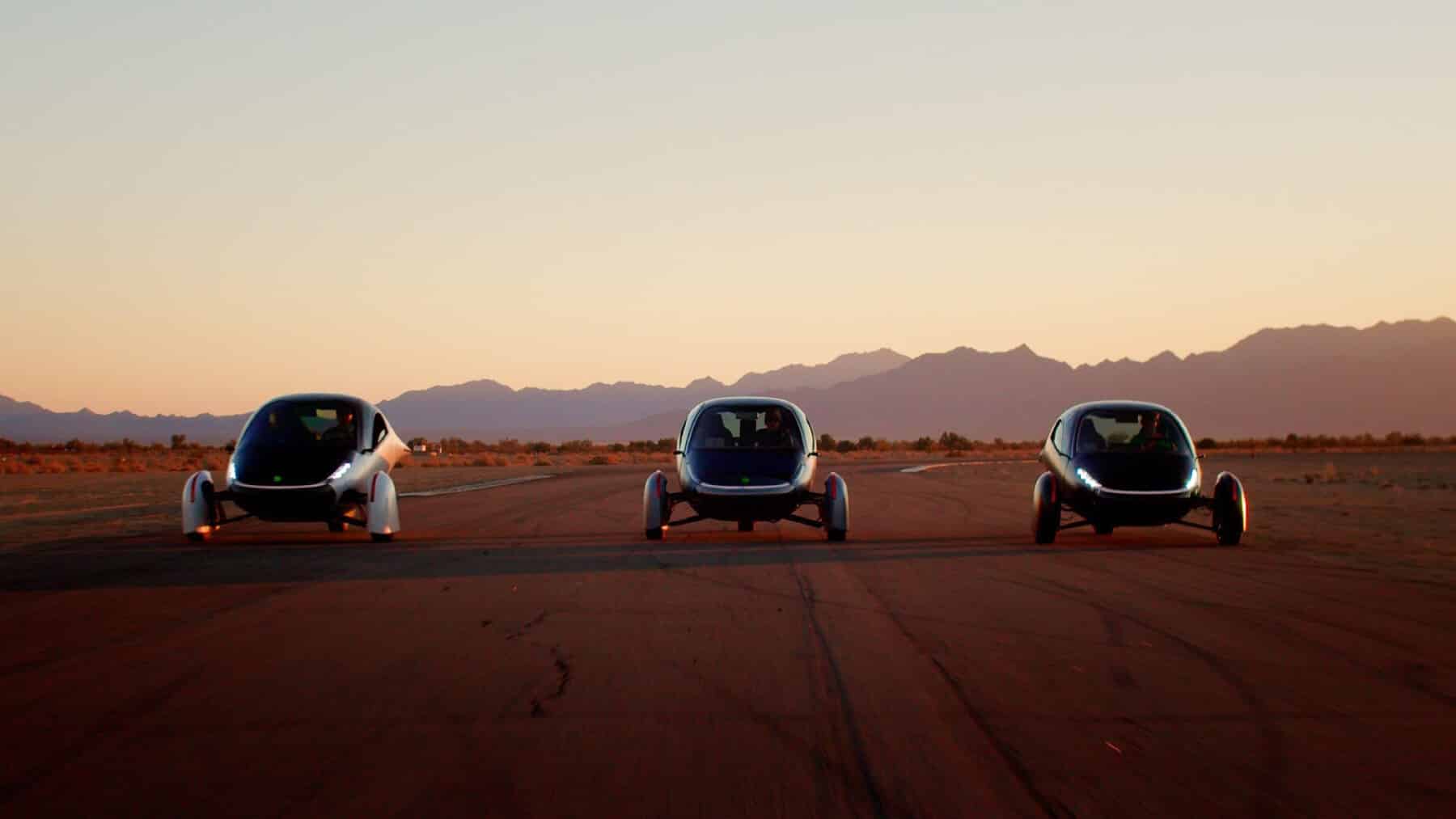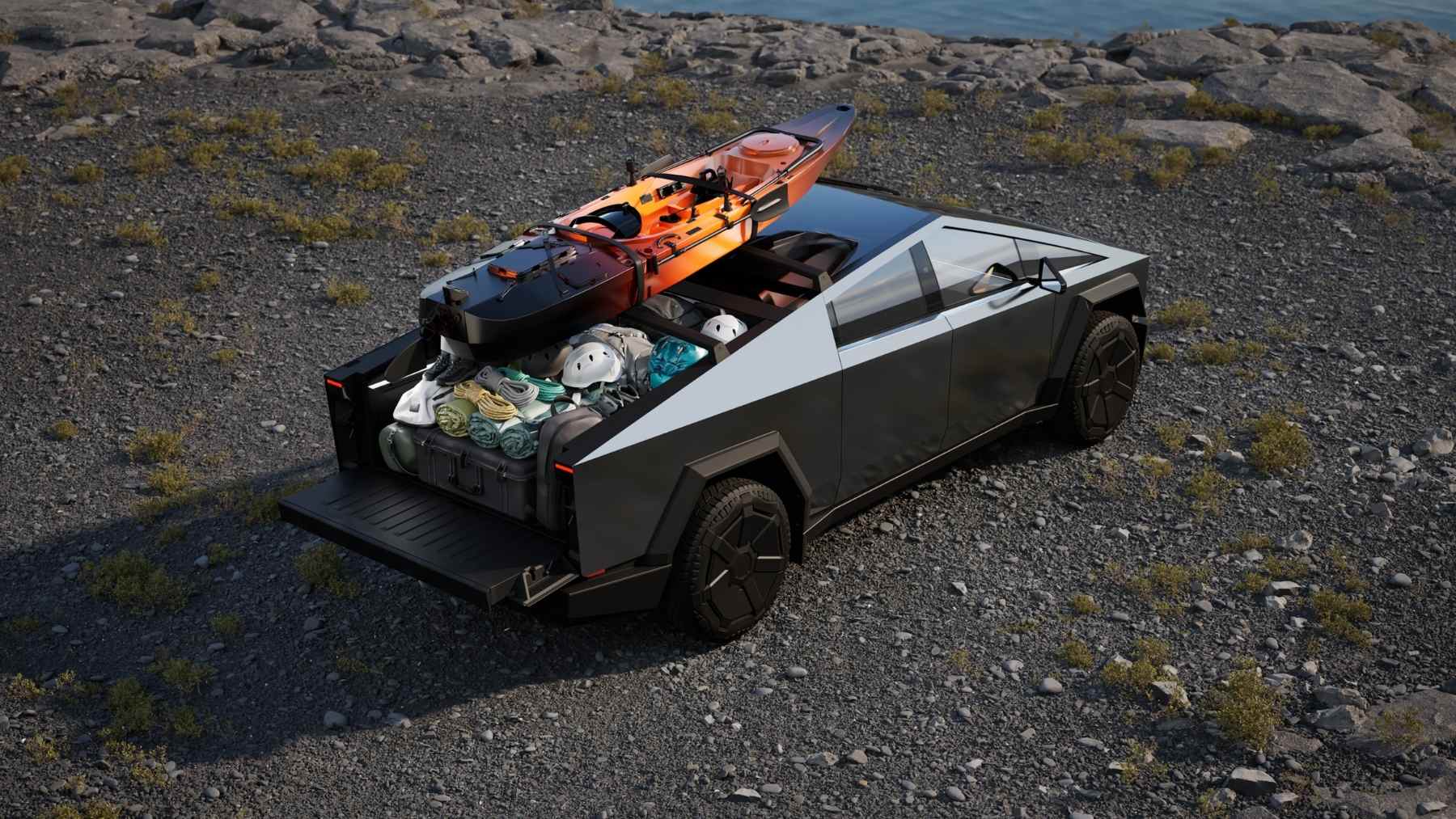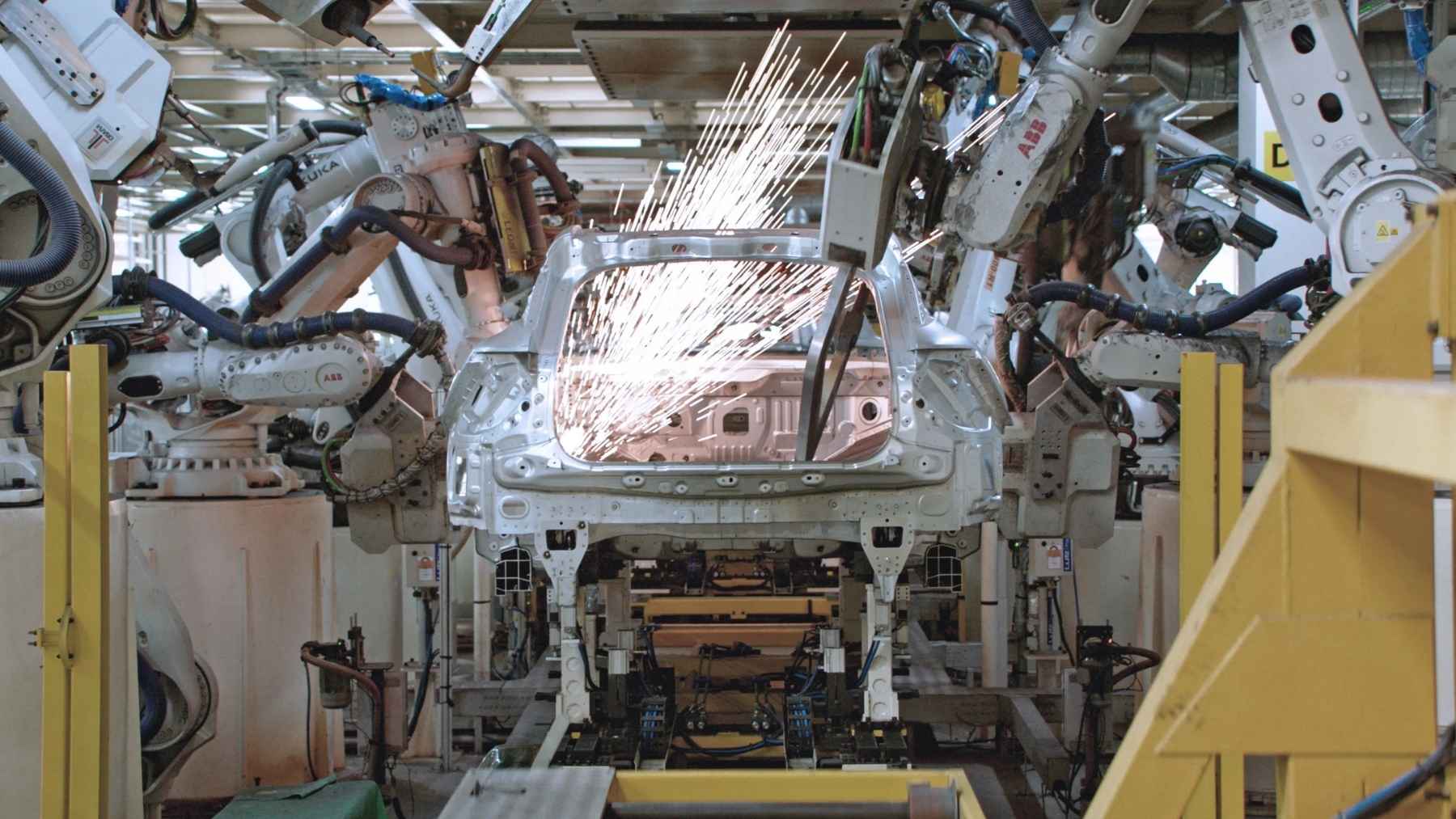In a world which is increasingly concerned with providing sustainable solutions in order to achieve carbon neutrality and prevent irreversible climate change damage, the transportation sector has been particularly targeted with regards to finding ways to reduce their carbon emissions. As such, innovative solutions are merging from automobile designers across the world. While electrical and hydrogen engine solutions dominate, other developers have been pushing unique technology which has never before been seen.
The electrical engine dominates but hydrogen is on the rise
In terms of alternative vehicle solutions, the electrical engine has all but dominated the roads. With most major automobile companies offering some type of electrical model on offer, it has become increasingly clear that the passenger vehicle world is speed-lining ahead with electrical technology in order to achieve carbon neutrality goals as well as to continue to stay competitive.
In addition to electrical engine technology however, an up and coming complement to these engines in the use of hydrogen fuel-cell technology in passenger vehicles. Pioneered and led by automobile developers such as Toyota and Hyundai, this technology, while not as popular as its electrical counterpart, is becoming the diversification factor of choice in terms of offering widespread range for alternative engine solutions.
This company pushes for a new car- it’s not electric or hydrogen
While hydrogen engine technology may be the proffered contender for electrical engine technology, other innovators and developers are looking at the feasibility of solutions beyond these two options. Earlier in February of this year, Aptera Motors announced that they has completed testing for their solar-powered vehicle model in the Mojave Desert in California., marking a significant milestone in making a solar-powered electrical vehicle a reality.
“Our validation testing confirms that we’re on track to achieve our target energy consumption of roughly 100 Wh/mile—unlocking a level of efficiency that makes solar mobility possible in a way never seen before. What started as Matlab calculations is now coming to life on the road. This is the future of transportation,” describes Aptera co-founder and co-CEO Steve Fambro
According to reports, the solar electric vehicle takes over three minutes to decelerate from 60 mph to a complete stop, even while traveling uphill. As part of the next phase of the company’s vehicle testing, the company is in the process of developing its next production-intent validation vehicle to be updated with less gaps, a design-intent weight, and include optimized parts. Once complete, this updated solar-powered vehicle will return for more testing, including a full range test from 100-0% as well as determining real-world solar charging capabilities.
The solar-powered project is one example of how alternative engine innovators and creators are investigating a variety of ways in which to achieve carbon neutrality outside of dominant electric and hydrogen solutions.
Sustainability is achieved through a variety of solutions
As Aptera Motors enters into their next phase of engine design and testing, other protypes of sustainable transportation solutions are also on the rise and entering varying stages of development before they are ready for mass production and consumption. In the maritime industry, Windship Technology has also been using wind and solar energy to develop a prototype ship which eliminates harmful CO2, NOX, SOX and particulate matter.
The maritime industry is one sector of the transportation industry which has struggled to conceptualize viable sustainable solutions, and innovative ideas like that from companies such as Windship Technology on how to make the industry more sustainable offer a hopeful glimpse into the future of cleaner shipping. As pressure mounts to meet climate goals and decarbonize by mid-century, futuristic and original ideas in the transportation industry is becoming not just desirable, but essential.
Disclaimer: Our coverage of events affecting companies is purely informative and descriptive. Under no circumstances does it seek to promote an opinion or create a trend, nor can it be taken as investment advice or a recommendation of any kind.














